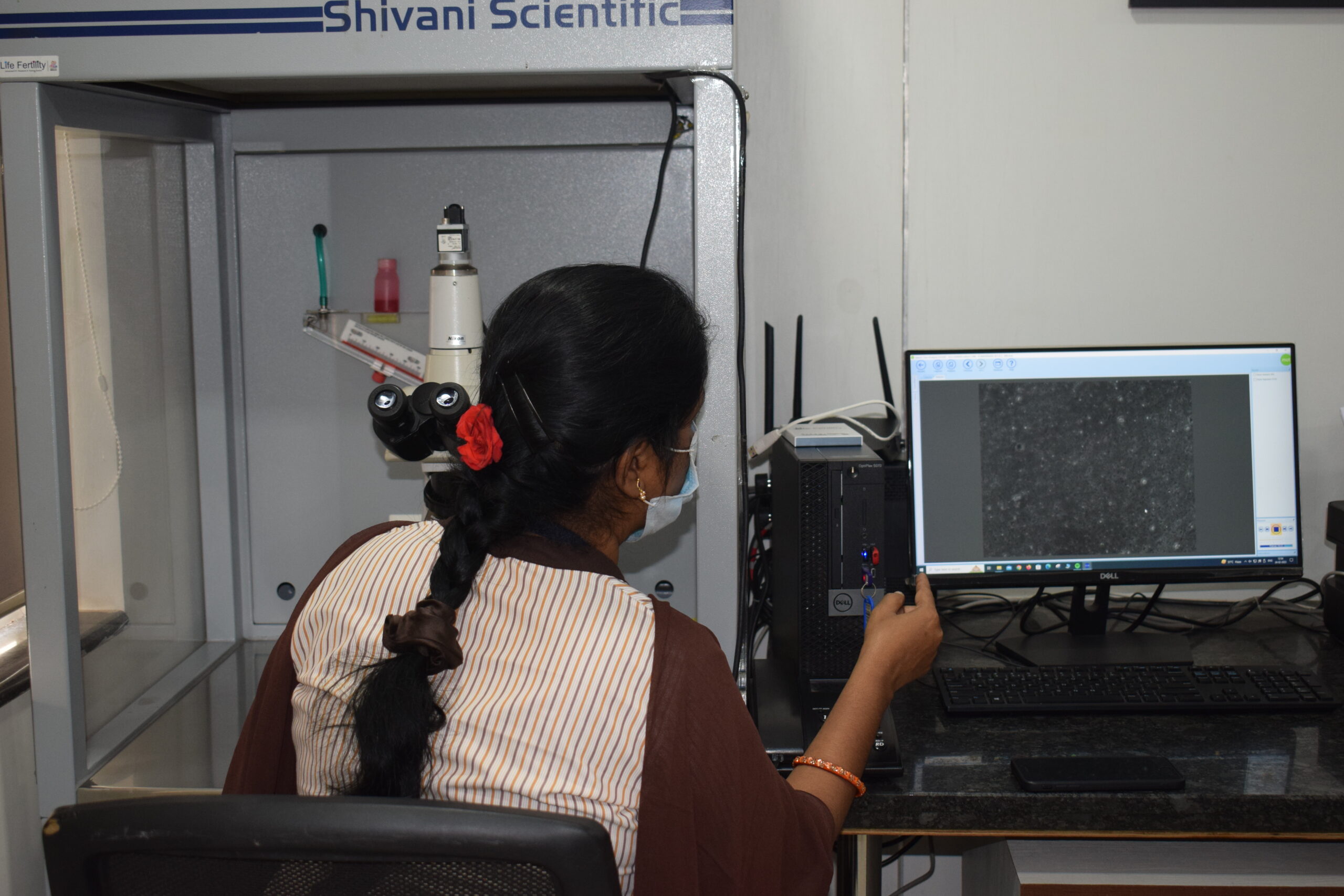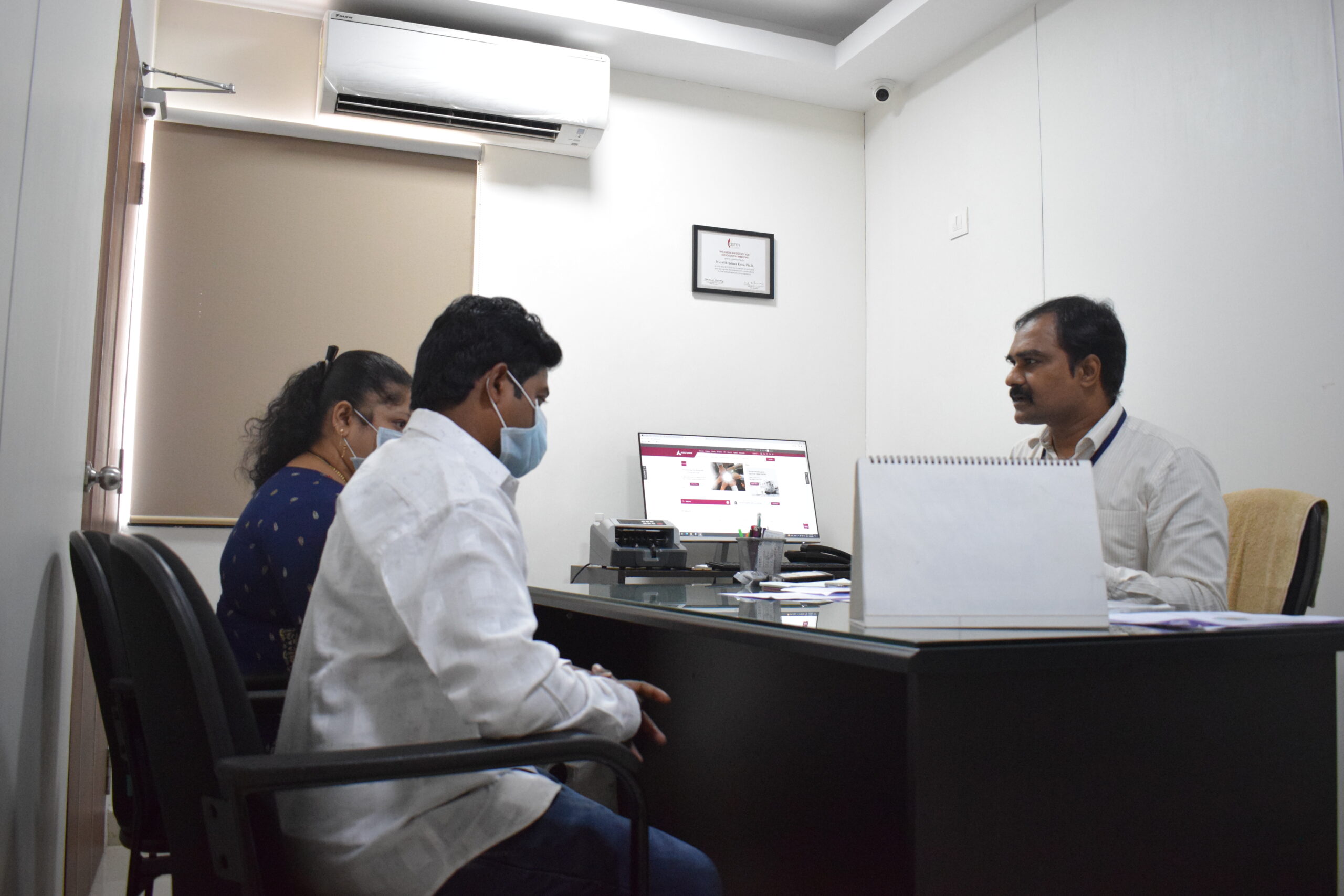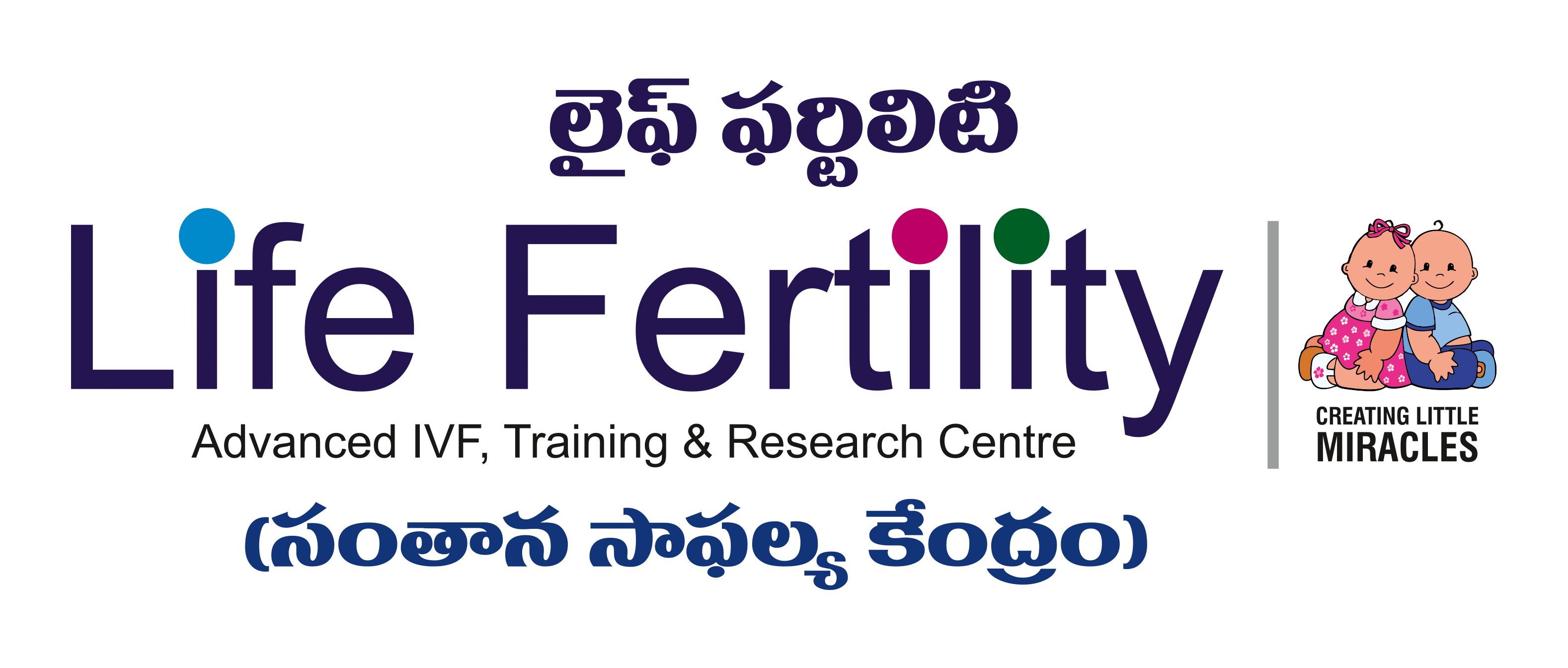Testicular Sperm Extraction (TESE) with Intracytoplasmic Sperm Injection (ICSI)
Testicular Sperm Extraction (TESE) with Intracytoplasmic Sperm Injection (ICSI): Overcoming Male Infertility Challenges
Testicular Sperm Extraction (TESE) combined with Intracytoplasmic Sperm Injection (ICSI) is a groundbreaking fertility treatment that offers hope to individuals and couples facing male infertility issues. This innovative procedure is particularly beneficial for those with severe sperm production or delivery challenges. Let’s delve into the details of TESE-ICSI, exploring the process, its applications, and the transformative impact it has on the journey to parenthood.
Understanding TESE-ICSI:
TESE-ICSI is a specialized fertility treatment designed to address male infertility when conventional methods such as ejaculated sperm retrieval are not feasible. The procedure involves the surgical extraction of sperm directly from the testicles, followed by the precise injection of a selected sperm into an egg during the ICSI process. This approach is especially valuable for men with conditions such as azoospermia, where little to no sperm is present in the ejaculate.
Key Steps in TESE-ICSI:

1. Testicular Sperm Extraction (TESE):
- Under local or general anesthesia, a small incision is made in the testicles, and a sample of testicular tissue is extracted. The sample is then carefully examined to identify viable sperm.
2. Sperm Analysis:
- The extracted testicular tissue undergoes thorough examination to locate viable sperm cells. In cases of obstructive azoospermia, sperm can often be found in the testicles despite their absence in the ejaculate.
3. ICSI Procedure:
- Once viable sperm are identified, the ICSI procedure is performed. A single sperm is injected directly into a mature egg, facilitating fertilization.
4. Embryo Culture:
- Fertilized eggs develop into embryos, which are cultured for a few days to ensure optimal development.
5. Embryo Transfer:
- The healthiest embryos are selected and transferred into the woman’s uterus, with the goal of achieving successful implantation and a viable pregnancy.

Indications for TESE-ICSI:

1. Azoospermia:
- TESE-ICSI is highly beneficial for men with azoospermia, where little to no sperm is present in the ejaculate.
2. Obstructive Azoospermia:
- In cases where a physical obstruction prevents sperm from reaching the ejaculate, TESE-ICSI can retrieve viable sperm directly from the testicles.
3. Previous Fertilization Failures:
- Couples who have experienced repeated fertilization failures in standard IVF cycles may opt for TESE-ICSI to overcome severe male infertility challenges.
Ethical Considerations:
The use of TESE-ICSI raises ethical considerations, including the importance of informed consent and the psychological well-being of individuals and couples undergoing fertility treatments. Fertility clinics adhere to ethical guidelines to ensure responsible and compassionate practice.


Success Rates and Considerations:
Success rates for TESE-ICSI can vary depending on factors such as the underlying cause of male infertility, the woman’s age, and the overall health of the reproductive systems involved. Fertility specialists work closely with couples to provide personalized treatment plans, optimizing the chances of success.
Conclusion:
TESE-ICSI stands as a remarkable advancement in the field of reproductive medicine, offering a tailored solution for severe male infertility challenges. As technology continues to progress, TESE-ICSI remains a beacon of hope, exemplifying the commitment of the medical community to help individuals and couples overcome obstacles on their journey to parenthood.
Book an Appointment
FREQUENTLY ASKED QUESTIONS
What is IVF treatment?
In-Vitro-Fertilization (IVF) is a type of Assisted Reproductive Technology (ART) that helps you get pregnant if you are not able to do so naturally.
When is the right time to start IVF treatment?
Your doctor will explain the best time to start the treatment after the initial consultation, examination, and blood tests. Your clinician may start your treatment on the 2nd or 3rd day of your period.
Is IVF safe & Painful?
IVF is a very safe and effective treatment option and with the latest advancement in medical technology, IVF results have improved significantly.
IVF is not at all painful because the injections used for IVF are purified and injected in subcutaneous form. The egg collection process is done under light sedation which is also not painful. At the time of embryo transfer, anesthesia is not given but it is a 2 to 5 minutes process that hardly causes any pain. Every patient is different; therefore the process will differ from patient to patient. However, when it comes to IVF injections, they are thin and easy and do not require an intervention. They can also be administered under anesthesia if required.
What People Says about Life Fertility Clinic
Google Reviews
What People Says about Life Fertility Clinic
Testimonials

Our Contacts
________
#16-1-25, RS Edifice, Coastal Battery Rd, Collector Office, Jn, Visakhapatnam, Andhra Pradesh 530002